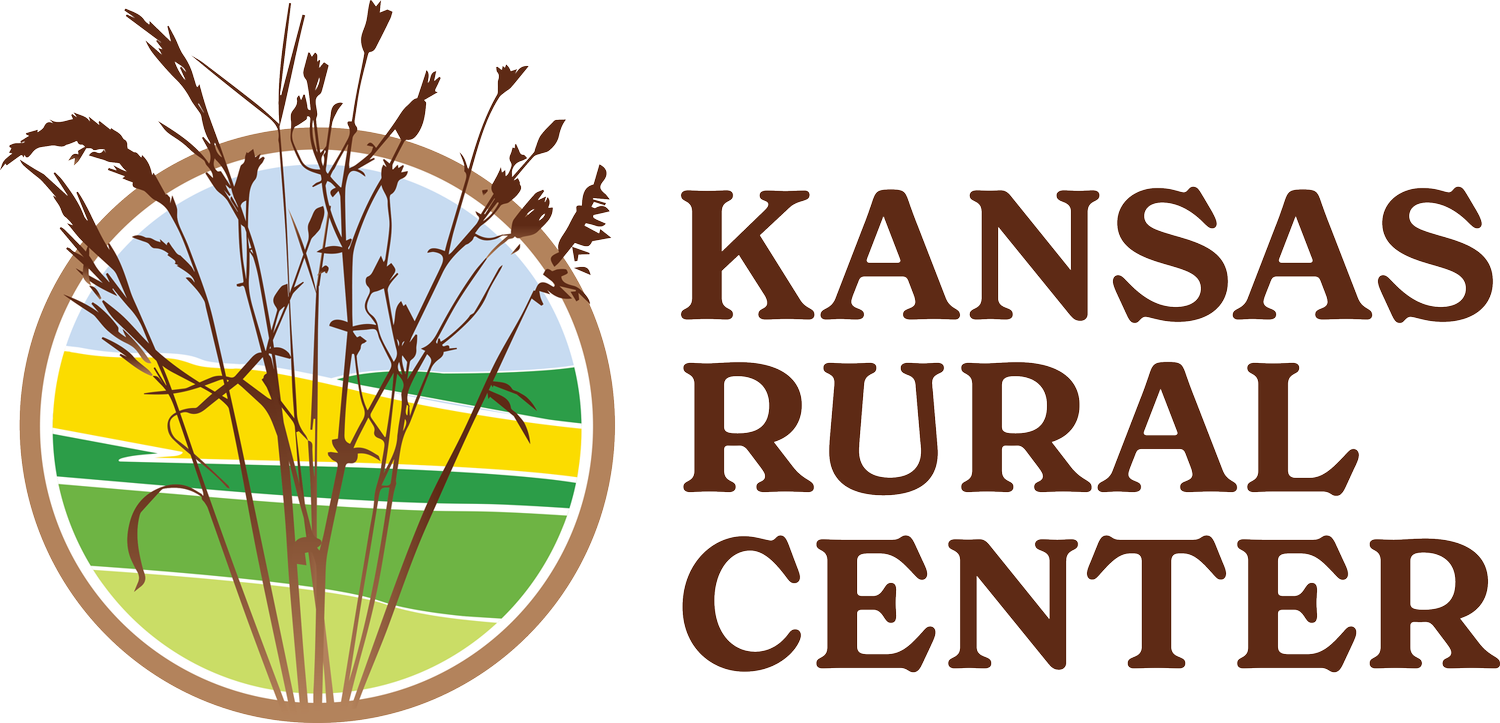Board Member Spotlight - Troy Schroeder
I grew up on a small conventional farm near Albert, KS (15 mi west of Great Bend). We had a two-cylinder John Deere D, an 8N Ford, and small tillage equipment. My first test of manhood was when I was able to start the D by turning the flywheel. I enjoyed working on the farm. We had a small cow herd, raised chickens for food and eggs, and milked a cow for our milk. My mother worked on the farm, and my dad had to get an off-farm job in the oil field to supplement the farm income. That still sounds familiar to a lot of small farms today.
I graduated from Otis High School and attended Fort Hays State University. After a couple of years in the Army, including one in Vietnam, I went back to school at FHSU and got an MS in biology. I’ve always had an interest in wildlife and was fortunate enough to get a job with the then “Forestry Fish and Game Commission.” I started as a fisheries biologist stationed at Council Grove Reservoir, where I learned to love native grass and the Flint Hills. After ten years, I was promoted to a Regional Fisheries Supervisor position in Hays, where I had responsibility for fisheries management in the western half of the state.
Although my responsibilities changed at the discretion of leadership, I remained in Hays until retirement. This gave me an opportunity to help with the family farm as my dad’s health was failing. The last few years of my career was spent as Ag Liaison/Farm Bill Coordinator working to expand conservation and make the USDA farm bill more wildlife friendly. It was rewarding working in both the national and state arenas. Along with help from other state coordinators nationwide and NGOs like the National Wildlife Federation, we had much success.
In 2002 my son became a partner in the family farm. We sold all tillage equipment and went no-till cold turkey. That allowed us to run the farm in spite of both having full-time jobs. We participated in many of the USDA conservation programs. We enrolled marginal land in CRP, used EQIP to buy our first no-till drill, and used continuous CRP to put field borders around most of our crop fields. These borders were a mix of grasses and wildflowers and served as a kind of signature, although most neighbors thought we were crazy. I managed Schroeder Family Farms for ten years and still live on the farmstead built by my grandfather with my wife Mandy and two red setters. My son took over farm operations in 2017, and my grandson now does much of the hands-on farm work. I feel good about the farm started by my great grandfather staying in family hands.
In recent years I have become more interested in wildflowers used by monarchs and other pollinators. First, I planted my yard, then other small public and private areas. We enrolled in CSP, which allowed us to take 60+ acres out of production and plant to monarch-beneficial plants. It has been enjoyable to watch these fields mature. One 10-acre field turned out great, and I refer to that as my “feel-good spot.” I have received a few awards for my pollinator efforts.
After retirement from KDWP in 2006, I served as president of the Kansas Wildlife Federation and worked part-time for Kansas Rural Center in the clean water farms program. I had been a huge fan of KRC for many years, and it was a pleasure working with folks that I admired, like Mary Fund. Soon after the program ended, I was elected to the KRC board and have served several terms. I represented some areas that were lacking, such as conventional farming, wildlife, and western Kansas.
Although I enjoyed my time on the board, especially working with other board members and staff, I plan to retire at the end of my present term. I will continue to support KRC in any way I can. I am particularly impressed with the current board and staff and am confident we will do even greater things in the future.






